Endocrinology and Hormones
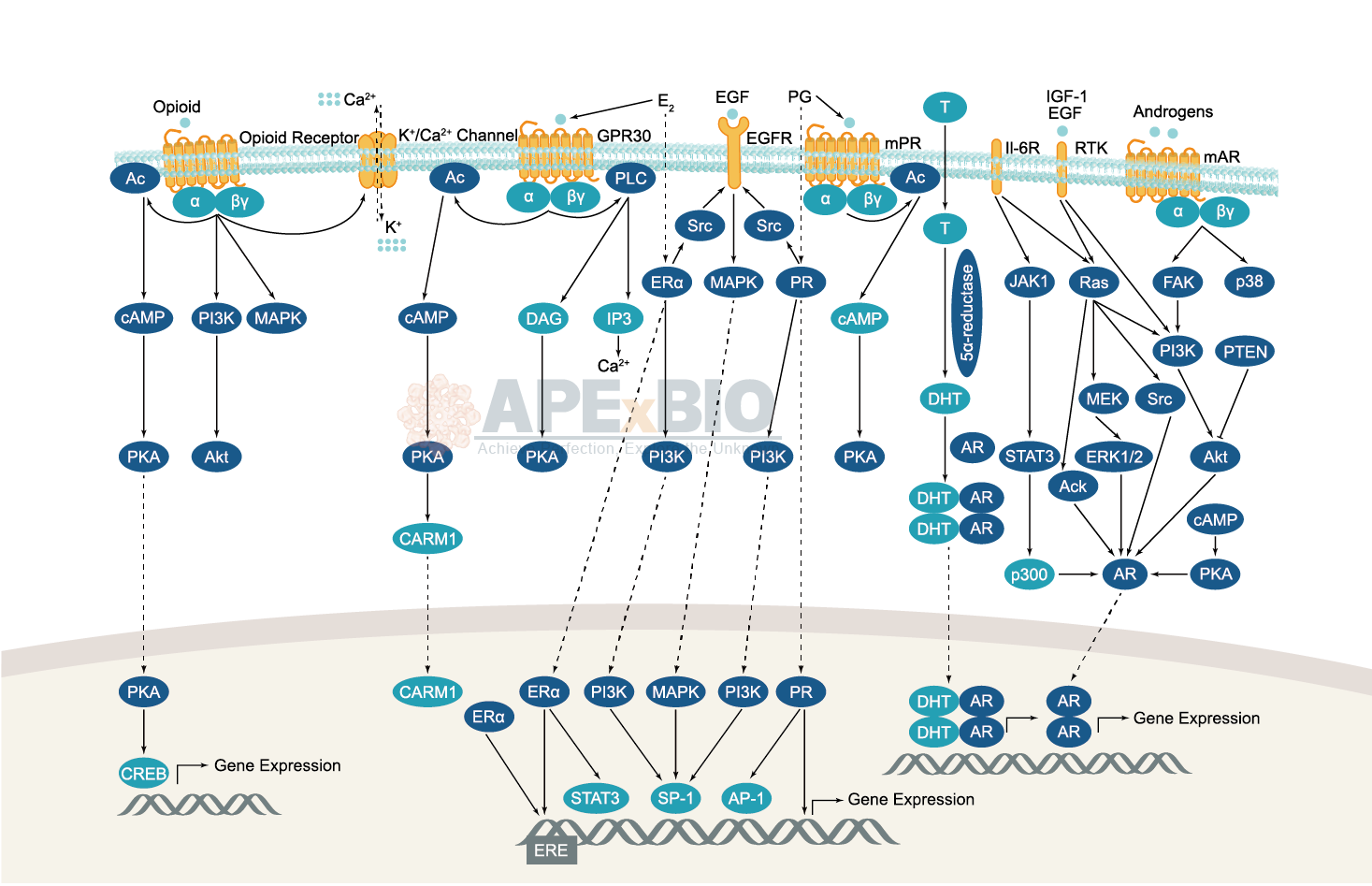
There are three types of hormones based on their chemical composition: Amines (e.g. dopamine, adrenalin and noradrenalin); Steroids (e.g. estrogen, testosterone and glucocorticoids); Peptides (e.g. the peptide hormones insulin, ghrelin and vasopressin). Peptide hormones produced by secretory nervous tissue are known as neuropeptides. For example, thyroid hormone plays important parts in development, homeostasis and metabolism, while cortisol is essential for growth, nutrient supply and immune function. Moreover, the regulation of blood glucose involves several pancreatic peptide insulin and its counter regulatory hormone, glucagon, as well as cortisol, growth hormone and epinephrine.
Dysregulations in endocrine system are implicated in diseases such as Acromegaly, Cushing Syndrome, Diabetes, Dwarfism, Graves Disease, Hermaphroditism, Delayed and Precocious Puberty and Thyroid Diseases.
-
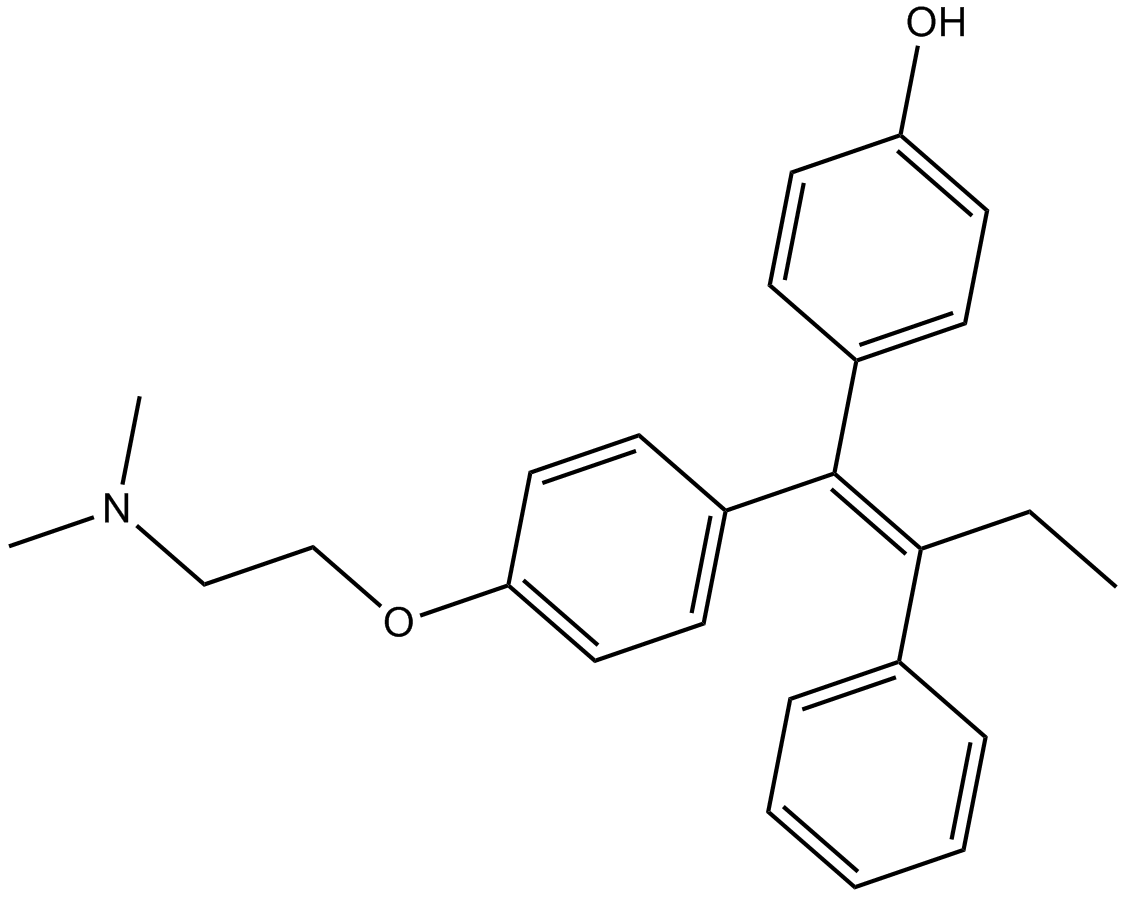 B5421 (Z)-4-HydroxytamoxifenTarget: Estrogen and Related ReceptorsSummary: ER modulator, potent and selective
B5421 (Z)-4-HydroxytamoxifenTarget: Estrogen and Related ReceptorsSummary: ER modulator, potent and selective -
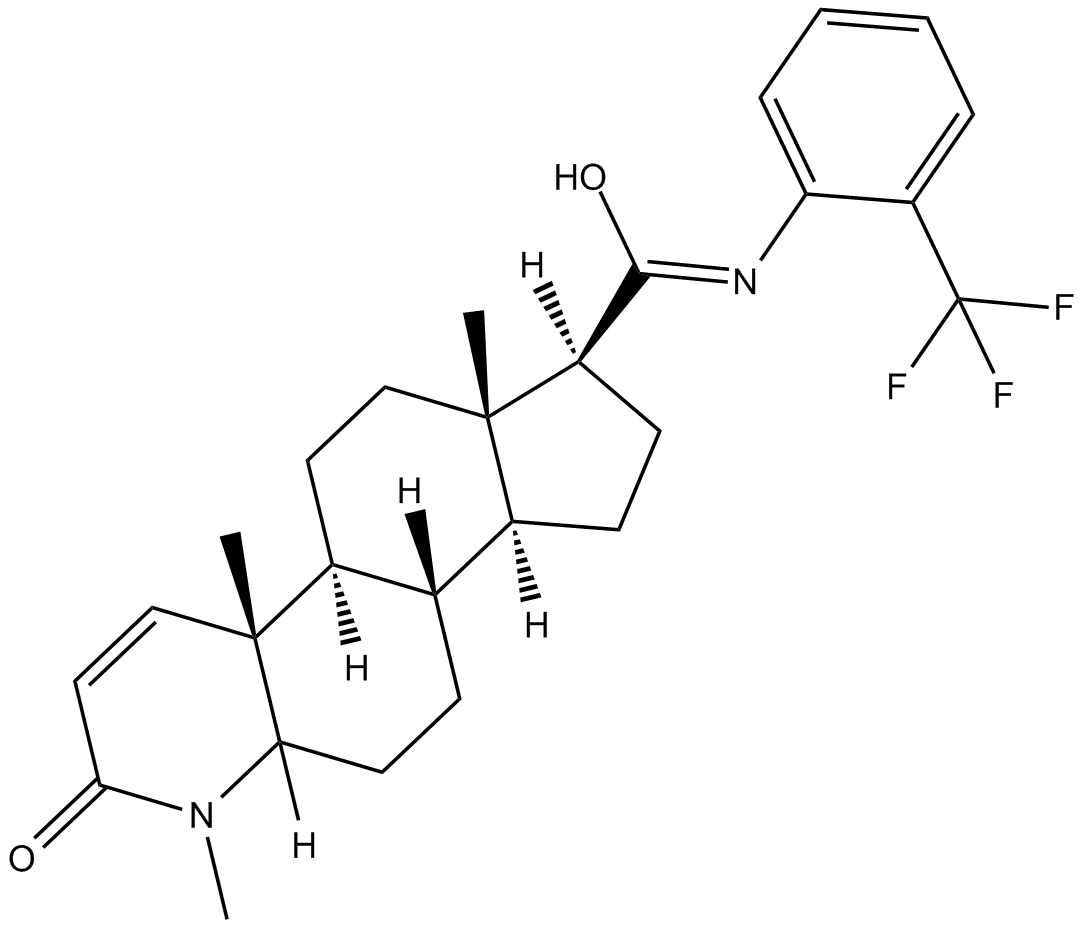 B5481 TFM-4AS-1Summary: androgen receptor modulator
B5481 TFM-4AS-1Summary: androgen receptor modulator -
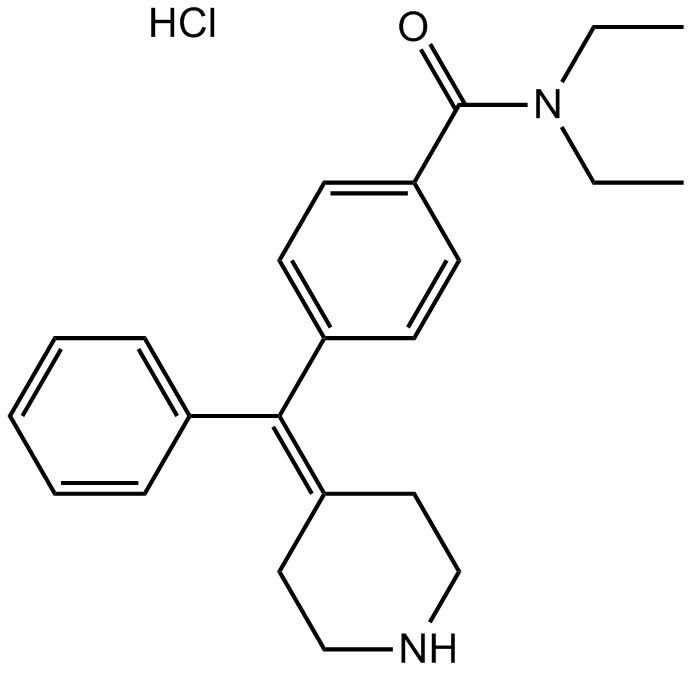 B5558 AR-M 1000390 hydrochlorideSummary: Delta-opioid receptor agonist,low-internalizing
B5558 AR-M 1000390 hydrochlorideSummary: Delta-opioid receptor agonist,low-internalizing -
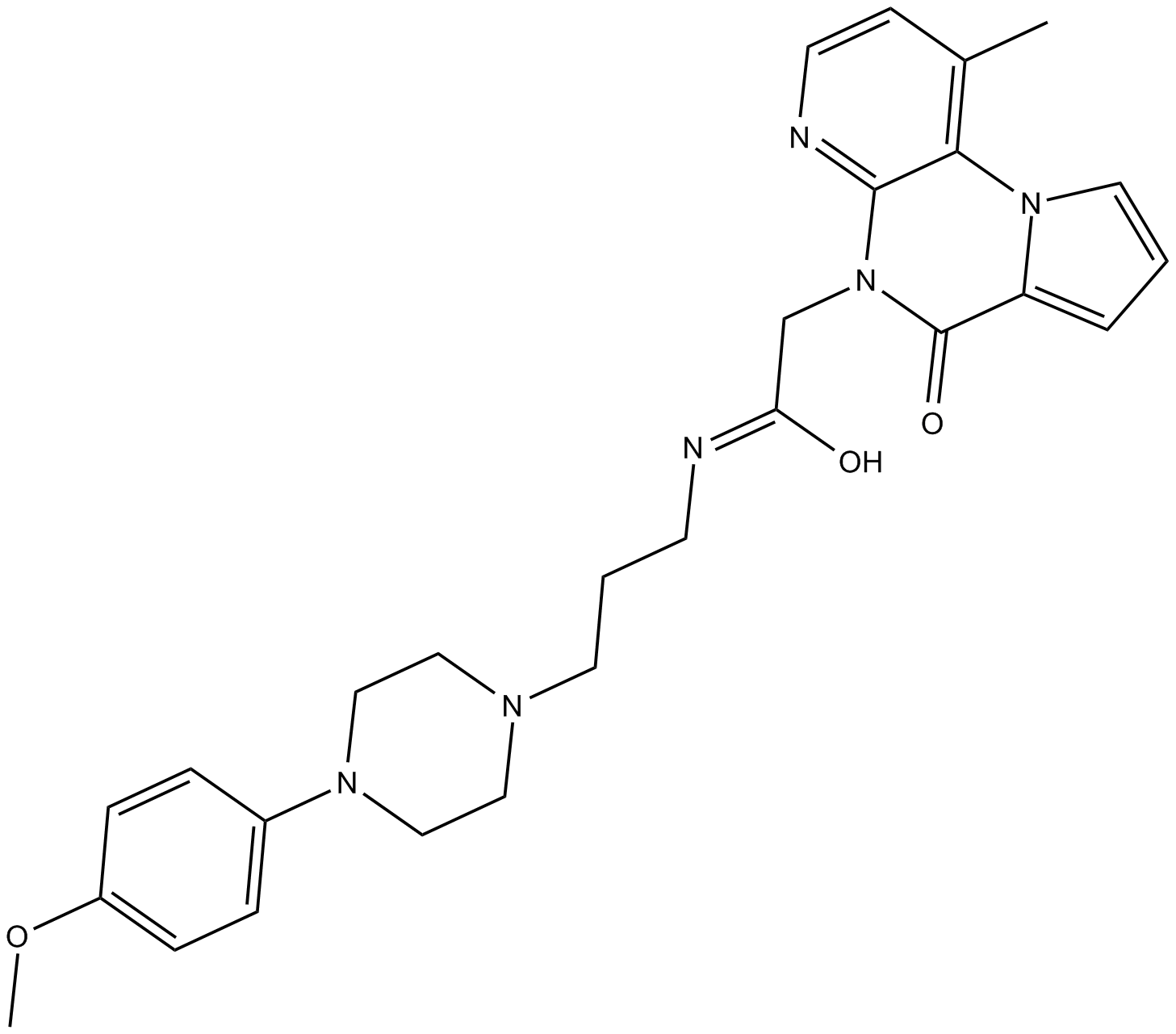 B5741 ML 190Summary: κ opioid receptor (KOP) antagonist
B5741 ML 190Summary: κ opioid receptor (KOP) antagonist -
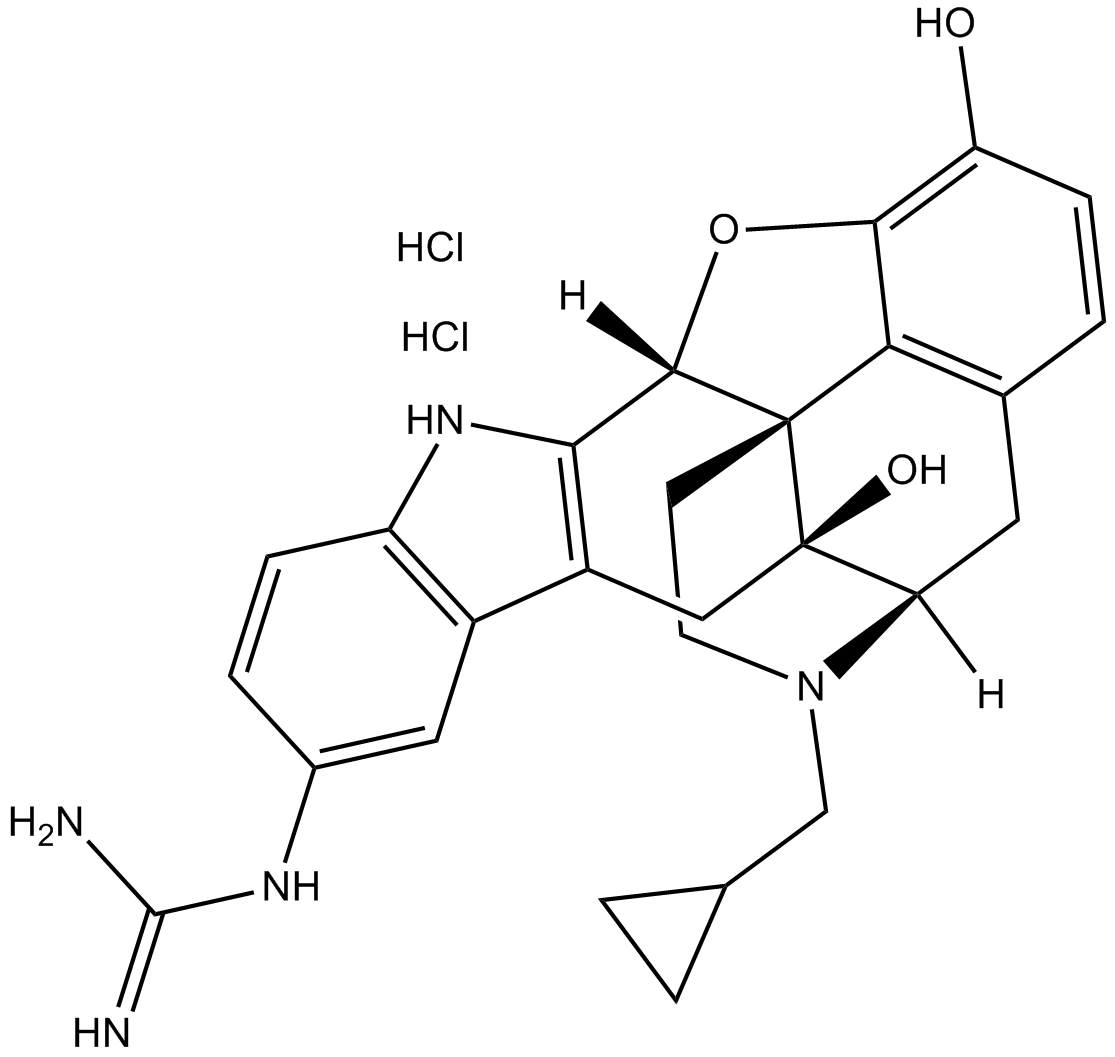 B6669 GNTI dihydrochlorideSummary: κ opioid receptor antagonist
B6669 GNTI dihydrochlorideSummary: κ opioid receptor antagonist -
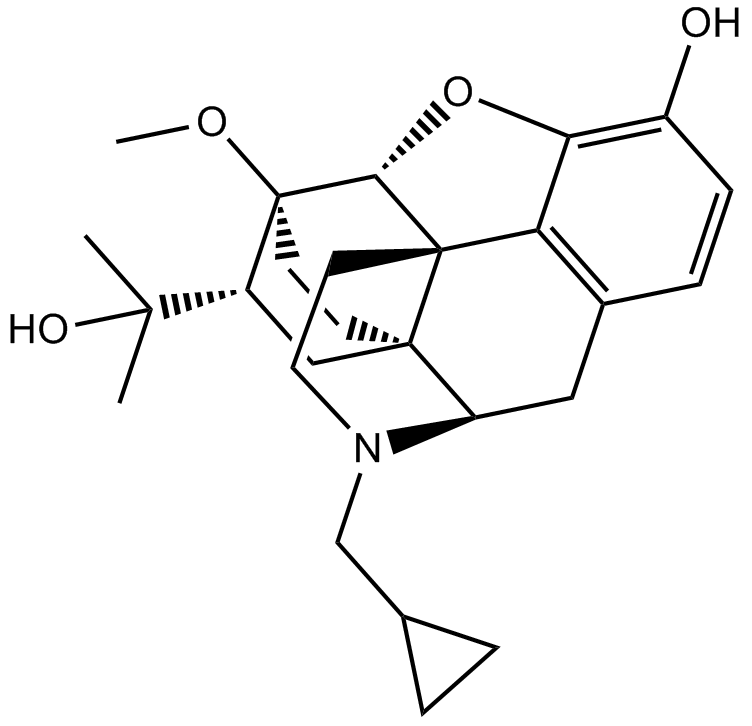 B5353 DiprenorphineSummary: Non-selective opioid receptor antagonist
B5353 DiprenorphineSummary: Non-selective opioid receptor antagonist -
 B5455 G-14 CitationTarget: GPR30Summary: GPR30 agonist, potent and selective
B5455 G-14 CitationTarget: GPR30Summary: GPR30 agonist, potent and selective -
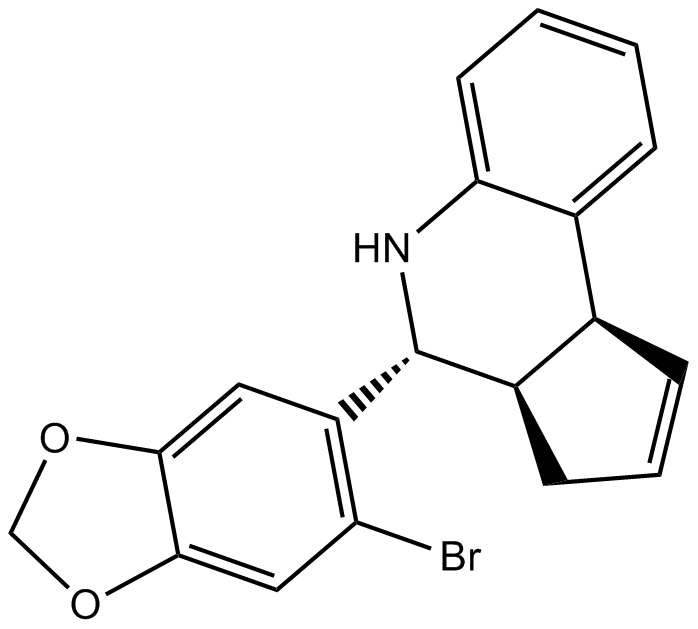 B5469 G-153 CitationTarget: GPR30Summary: GPER receptor antagonist
B5469 G-153 CitationTarget: GPR30Summary: GPER receptor antagonist -
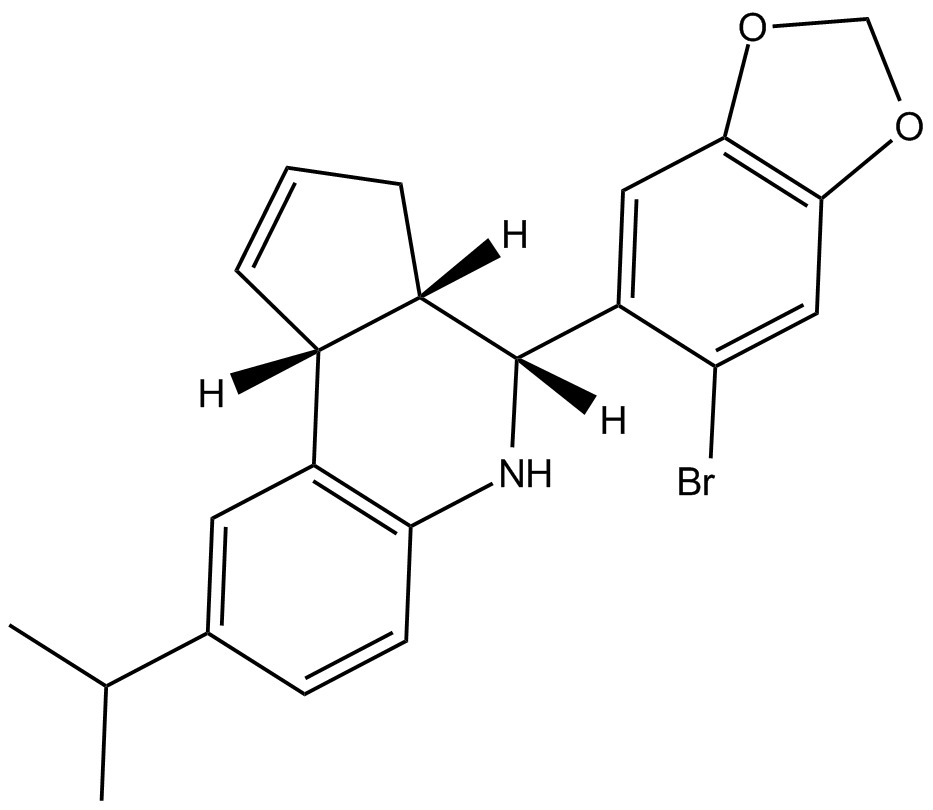 B5707 G-36Summary: G-36 is a selective GPER antagonist
B5707 G-36Summary: G-36 is a selective GPER antagonist -
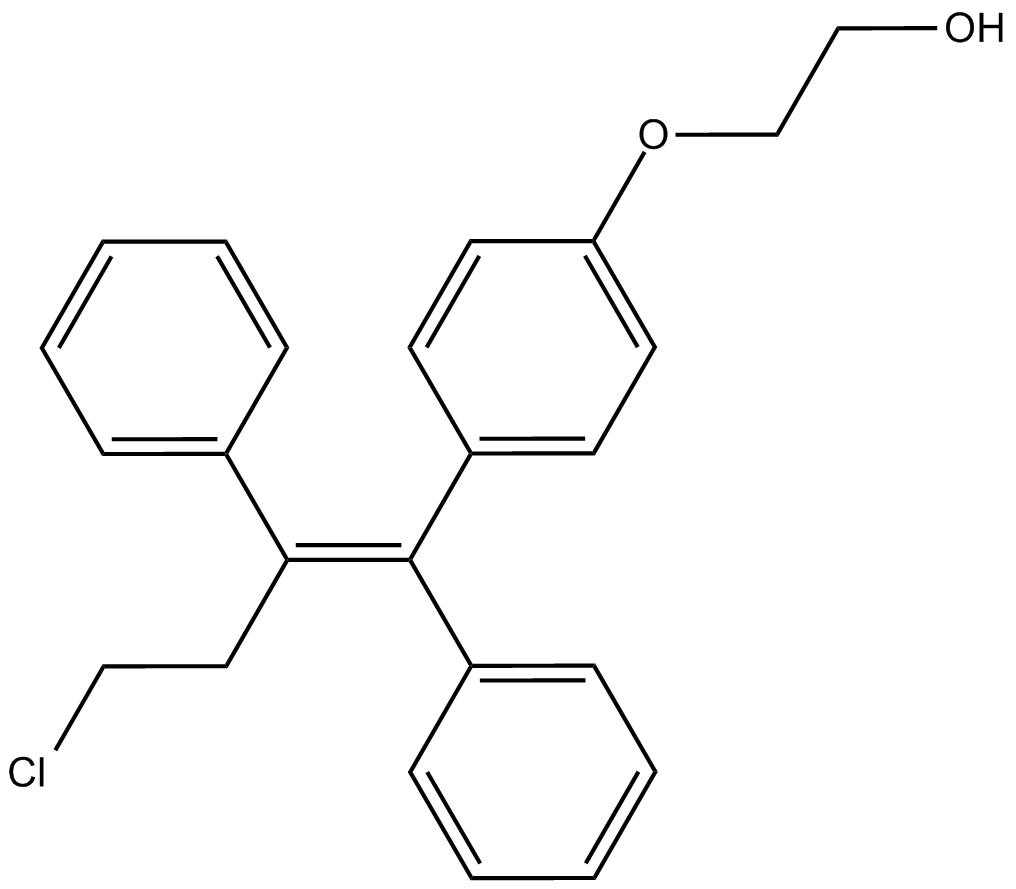 B4871 OspemifeneSummary: non-hormonal selective estrogen receptor modulator (SERM)
B4871 OspemifeneSummary: non-hormonal selective estrogen receptor modulator (SERM)

